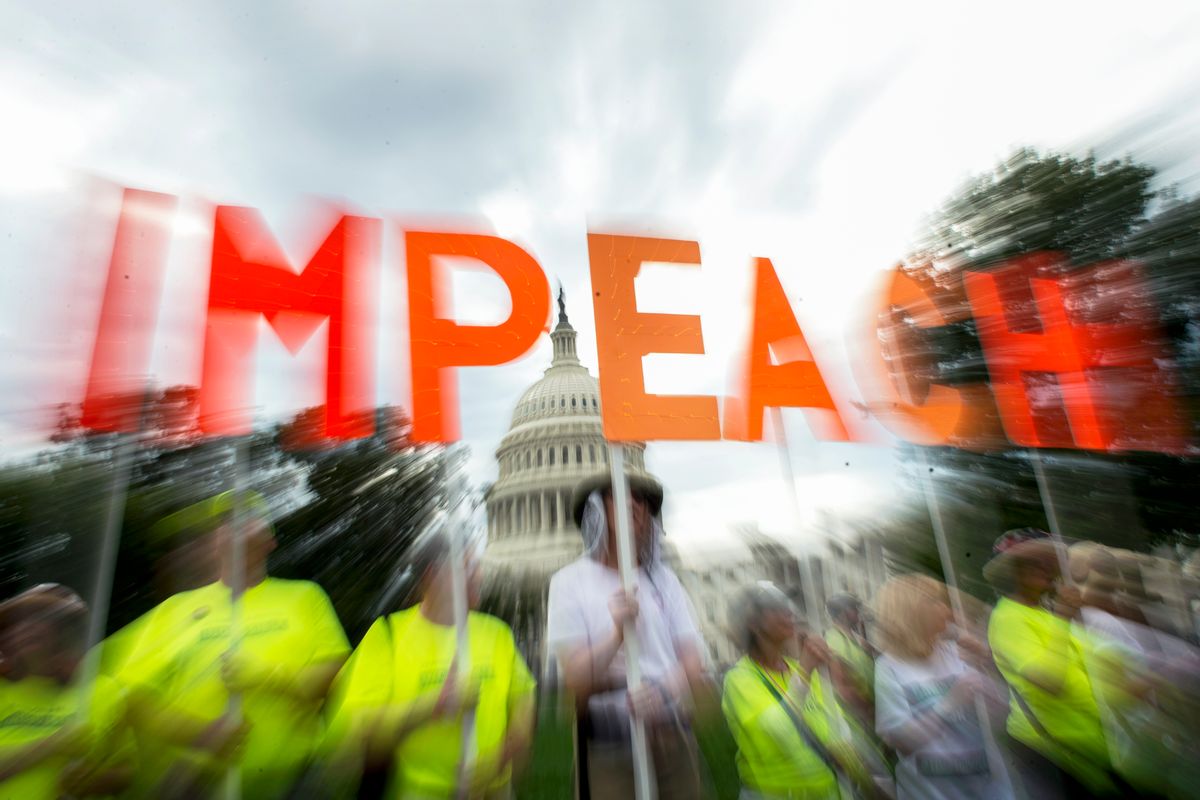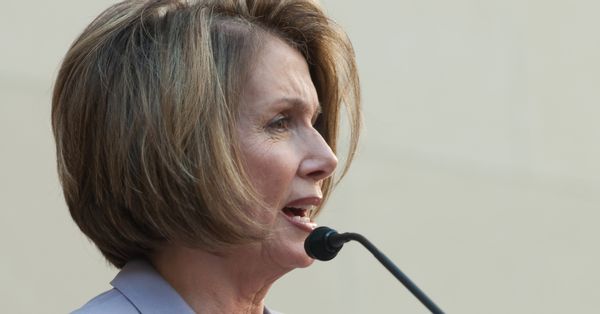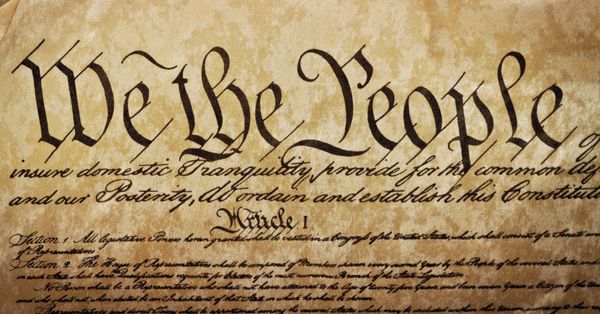Article 6 of 6 in Collection
An impeachment inquiry into U.S. President Donald Trump is underway. And, frankly, many of us could use a “Schoolhouse Rock!” episode on presidential powers when big news breaks on this fast-moving story.
Following U.S. House Speaker Nancy Pelosi’s announcement of a formal impeachment investigation, we received several questions from readers who were confused about what can and can’t happen as a result of impeachment.
What follows are the basics, pulled from previous Snopes reporting, plus a collection of impeachment-related fact checks we have produced so far.
Things you should know about impeachment:
- People often use the word "impeachment" when referring to the removal of a president from office. But that’s not exactly how it works.
- The Constitution states that “the President, Vice President and all civil officers of the United States, shall be removed from office on impeachment for, and conviction of, treason, bribery, or other high crimes and misdemeanors.”
- The House of Representatives has the "sole Power of Impeachment," as stated in Article I, Section 2, Clause 5 of the U.S. Constitution. But it is up to the Senate to convict and remove a president from office. In this way, "impeachment" is roughly akin to bringing formal charges against an individual. It is then up to the Senate to convict the individual on those charges.
- The decision to impeach would be decided by a simple majority in the House, and the decision to convict a president and remove him from office requires a two-thirds majority vote in the Senate.
- The Constitution explains the country has two penalties for impeachment: removal from office and disqualification "to hold and enjoy any Office of honor, Trust or Profit under the United States." If a president is impeached by the House of Representatives, the Senate could convict, remove the president from office, and disqualify the person from holding future office.
- If the Senate does not convict, the president will not be removed from office, nor will the person be prevented from seeking reelection (if he/she has not already reached the two-term limit).

Did President Trump Say “Everybody Would Be Very Poor” If He Were Impeached?
Aug. 30, 2018
Read More
Article 6 of 6 in Collection










